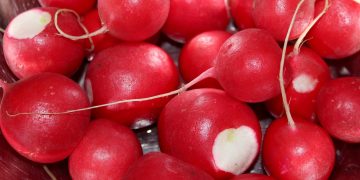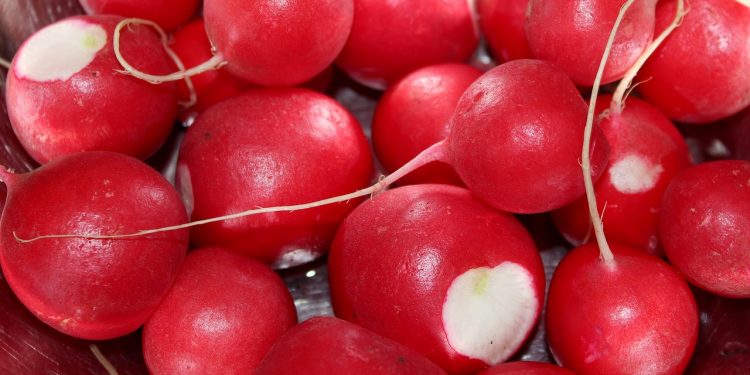#springvegetables#cropdiversity #soilhealth #covercrops #croprotation #farming #agronomy #nutrition #sustainability
As the days grow longer and spring draws near, farmers and agronomists may start to think about incorporating spring vegetables into their farming practices. In this article, we explore the benefits of growing and consuming these colorful and nutritious vegetables, from boosting crop diversity and soil health to promoting overall health and wellbeing.
Spring vegetables such as asparagus, peas, and rhubarb are not only delicious but also packed with vitamins, minerals, and antioxidants that can benefit human health. Additionally, these vegetables can be easy to grow in backyard gardens or even in containers, making them accessible to farmers and consumers alike.
Incorporating spring vegetables into farming practices can also benefit crop diversity and soil health. Crop diversity can help reduce the risk of pests and diseases, while improving soil health through increased microbial activity and organic matter content. This, in turn, can lead to better water retention and nutrient availability, resulting in higher crop yields.
Furthermore, incorporating cover crops and practicing crop rotation can further enhance soil health and promote sustainability. Cover crops, such as clover or vetch, can help fix nitrogen in the soil, benefitting subsequent crops. Crop rotation can help prevent soil-borne diseases and pests, as well as improve soil fertility.
Adding spring vegetables to farming practices can benefit both human health and soil health. By promoting crop diversity, incorporating cover crops, and practicing crop rotation, farmers can enhance soil health and increase crop yields, all while providing consumers with nutritious and delicious produce.































